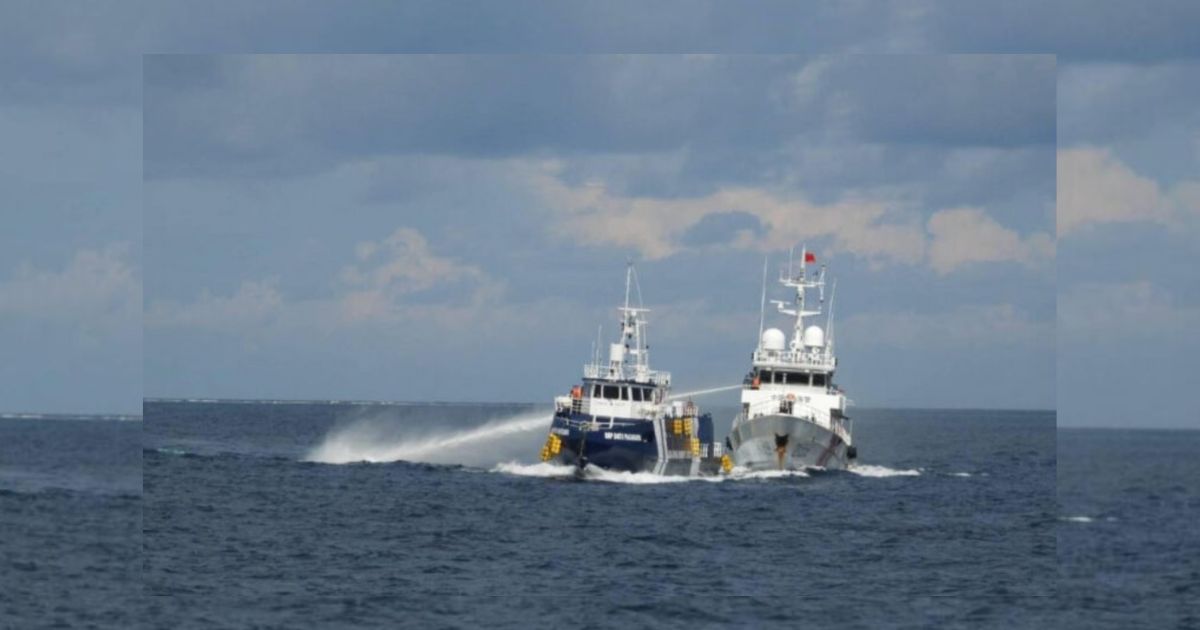The United States on 13th October declared that it stood behind its Philippine ally and asserted their joint defense agreement, following a collision between Chinese and Philippine ships. The tensions in the contested South China Sea are increasing.
Earlier, the Chinese foreign ministry called on Manila not to oppose Beijing’s attempts to “protect its territorial sovereignty and maritime rights and interests” following Sunday’s confrontation in the Spratly Islands, when the Philippines accused China of using water cannons and ramming a Filipino ship.
State Department press secretary Tommy Pigott denounced China’s “ramming and water cannoning” of a Philippine ship and said Washington was standing with its partner “as they face China’s dangerous behavior, which erodes regional stability.”
In a statement, Pigott reasserted that Article IV of the 1951 U.S.-Philippines Mutual Defense Treaty “extends to armed attacks on Philippine armed forces, public vessels, or aircraft — including those of its Coast Guard — anywhere in the South China Sea.”
China and the Philippines have exchanged accusations regarding the standoff off Sandy Cay, a coral reef within the Spratly Islands.
The two countries have faced each other several times in recent years in the South China Sea, a strategic trading route that carries more than $3 trillion of yearly ship-based commerce, and which China claims predominantly.
Tensions had increased recently, and Lin Jian, a spokesperson at the Chinese foreign ministry, said at a routine news briefing that the Philippines must immediately cease “violations and provocations.”
The State Department stated: “China’s expansive maritime and territorial claims in the South China Sea and its more coercive actions to press them at the expense of its neighbors continue to erode regional stability and defy its previous assurances to settle disputes peacefully.”
In January last year, under the previous Biden administration, two veteran Republican American senators demanded a menu of options created by the Pentagon and State Department to bolster the Philippines against Beijing in the South China Sea, insisting that confining responses to verbal assurances of the applicability of Article IV undermines the value and credibility of these promises.




